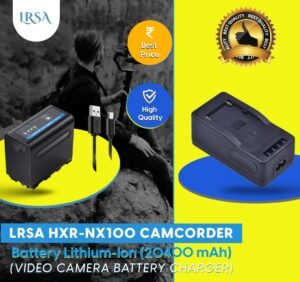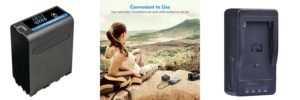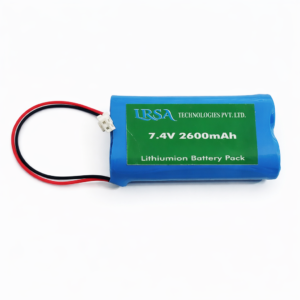LAPTOP BATTERIES BY LRSA




A laptop battery is a rechargeable power source designed specifically for use with laptop computers. It serves as the portable energy supply that enables laptops to function without being tethered to a power outlet. Here are some key aspects of a laptop battery description:
-
Type of Battery:
- Most modern laptops use lithium-ion (Li-ion) batteries due to their high energy density, light weight, and ability to hold a charge over extended periods.

-
Voltage:
- Laptop batteries typically operate at voltages ranging from 10.8V to 14.8V, although this can vary depending on the laptop model.

-
Capacity (mAh or Wh):
- Capacity is measured in either milliampere-hours (mAh) or watt-hours (Wh) and represents the amount of energy the battery can store. Higher capacity batteries generally provide longer usage times between charges.

-
Compatibility:
- Laptop batteries are designed to be compatible with specific laptop models. It’s crucial to use batteries recommended by the laptop manufacturer to ensure proper fit and performance.

-
Form Factor:
- Laptop batteries come in various shapes and sizes to fit the specific battery compartment of each laptop model. They are usually integrated into the laptop’s chassis.

-
Number of Cells:
- Laptop batteries consist of individual cells, and the number of cells can vary. Common configurations include 3-cell, 4-cell, 6-cell, and 8-cell batteries. A higher number of cells often indicates higher capacity.

-
Charging Method:
- Laptop batteries are rechargeable, and they can be charged while installed in the laptop or externally using a dedicated battery charger.

-
Connector Type:
- The connector type is the interface between the laptop and the battery. Different laptops may use different connector types, and it’s important to ensure compatibility.

-
Smart Battery Technology:
- Some laptop batteries incorporate smart battery technology, which allows the laptop to communicate with the battery to monitor its health, temperature, and charging status.

-
Cycle Life:
- The number of charge-discharge cycles a battery can undergo before its capacity significantly diminishes. It’s common for lithium-ion laptop batteries to have several hundred charge cycles.

Laptop users should follow manufacturer guidelines for proper battery usage, charging practices, and maintenance to optimize battery life and performance. Regular calibration and avoiding extreme temperatures can contribute to a longer-lasting battery.


